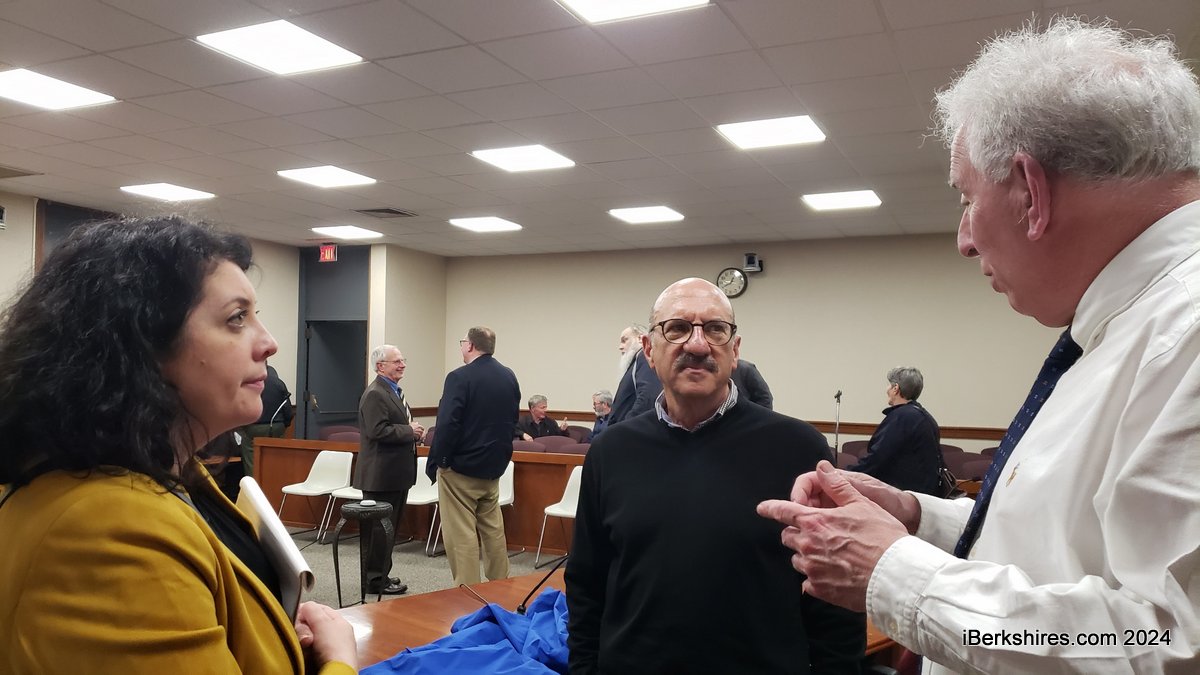
Should You Borrow from Your 401(k)?
 |
If you work for a business that offers a 401(k) plan, consider yourself fortunate, because a 401(k), with its tax advantages and variety of investment options, is a great way to save for retirement. But what if you need to tap in to your plan before you retire? Is it a good idea to borrow from your 401(k)?
To begin with, you need to determine if a loan is even available. You can only borrow from your 401(k) if you're still working for the company that offers the plan, but even so, you'll have to check with your human resources area to determine if loans are allowed. If they are, you'll want to weigh the pros and cons before taking action.
On the "pro" side, it's pretty easy to get a 401(k) loan – there's no formal loan application and no minimum credit score required. Plus, you're only borrowing from yourself, and you can generally repay the loan with automatic paycheck deductions, typically over a five-year period.
However, you'll also encounter some "cons" when taking out a 401(k) loan, particularly concerning taxes. If you had not borrowed from your 401(k), the money you took out could have been growing on a tax-deferred basis, assuming you used pre-tax dollars to fund your plan, and your withdrawals will only be taxed once. But when you borrow from your plan, you will have to repay it, along with interest, with money you've earned – and been taxed on – and then, when you withdraw it later, you'll pay taxes on it again.
Furthermore, if you leave your employer before fully repaying your loan, the outstanding balance likely will be taxable, although you may have a grace period in which to pay it off and avoid taxes.
And perhaps even more important, taking money from your 401(k), even if you repay it later, will almost certainly slow the growth potential of your account – which, in plain terms, means you may have less money available for retirement.
Of course, if you encounter an emergency, and you have nowhere else to turn, you may need to borrow from your 401(k). And some plans allow hardship withdrawals for medical expenses and other needs, although you'll still be taxed on the amount you withdraw.
But you would probably be better off if you can prepare, well in advance, for situations in which you need immediate access to a sizable sum. One way of doing this is to build an emergency fund containing six months' to a year's worth of living expenses, with the money kept in a liquid, low-risk account. You also might find some resources in the part of your investment portfolio held outside your 401(k). For example, you can always withdraw contributions to a Roth IRA without incurring taxes (although the earnings on these contributions could be taxable if you take the money out before you're 59 1/2 and you've had your account less than five years).
In any case, you work hard to build your 401(k) – so, no matter where you are in life, think carefully about how you will use the money.
This article was written by Edward Jones for use by your local Edward Jones financial advisor. Courtesy of Rob Adams, 71 Main Street, North Adams, MA 01247, 413-664-9253.. Edward Jones, its employees and financial advisors cannot provide tax or legal advice. You should consult your attorney or qualified tax advisor regarding your situation. For more information, see EdwardJones.com.
















